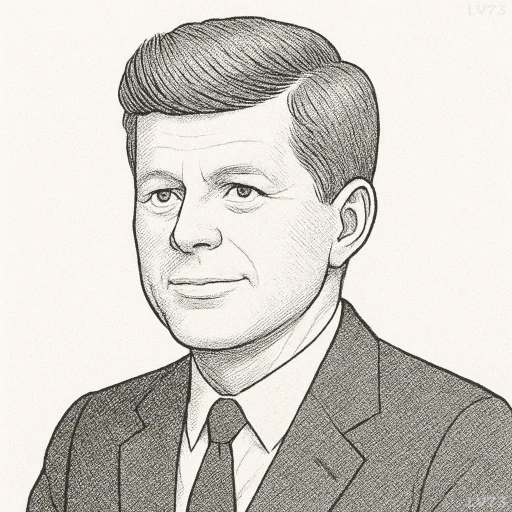“A child miseducated is a child lost.”

- May 29, 1917 – November 22, 1963
- American
- Politician
table of contents
Quote
“A child miseducated is a child lost.”
Explanation
In this concise statement, John F. Kennedy underscores the critical importance of education in shaping the future of individuals and societies. By using the phrase “miseducated,” Kennedy is not only highlighting the impact of poor or incomplete education but also the deep, often irreversible consequences of such an education. A child who receives an education that fails to properly nurture their intellectual, emotional, or social development is, in Kennedy’s view, not only deprived of learning but also denied the opportunities and potential that education should provide. Such a child is “lost,” meaning they are at a disadvantage in life, both in terms of opportunity and personal fulfillment. This statement emphasizes that the quality and accuracy of education are essential, and that a misstep in the education process can lead to lifelong consequences.
Kennedy’s words also reflect a broader social and political commitment to equitable education. During his presidency, Kennedy was deeply involved in efforts to improve the U.S. education system, particularly in terms of access to education for marginalized communities. He understood that an educated populace is not only essential for the individual well-being of citizens but also crucial for the health of the nation as a whole. A miseducated child represents not only a lost individual but also a lost opportunity for the society that fails to provide the necessary tools for their development. Education, in this sense, is a powerful force for social mobility, economic progress, and national stability.
In the modern context, Kennedy’s quote continues to resonate in the ongoing debates about the quality and accessibility of education. In today’s world, inequalities in education—such as differences in funding, curricula, and access to resources—can result in stark disparities in opportunity and outcomes, particularly for children from disadvantaged backgrounds. With the rise of digital education, standardized testing, and educational reform, there are continued concerns about the miseducation of students, whether due to inadequate curricula, lack of qualified teachers, or systemic biases within the education system. Kennedy’s words serve as a reminder that an effective education system must not only impart knowledge but also foster critical thinking, creativity, and the ability to engage meaningfully with the world. Ensuring that every child receives an education that equips them for success is essential for building a thriving society.
Would you like to share your impressions or related stories about this quote in the comments section?


